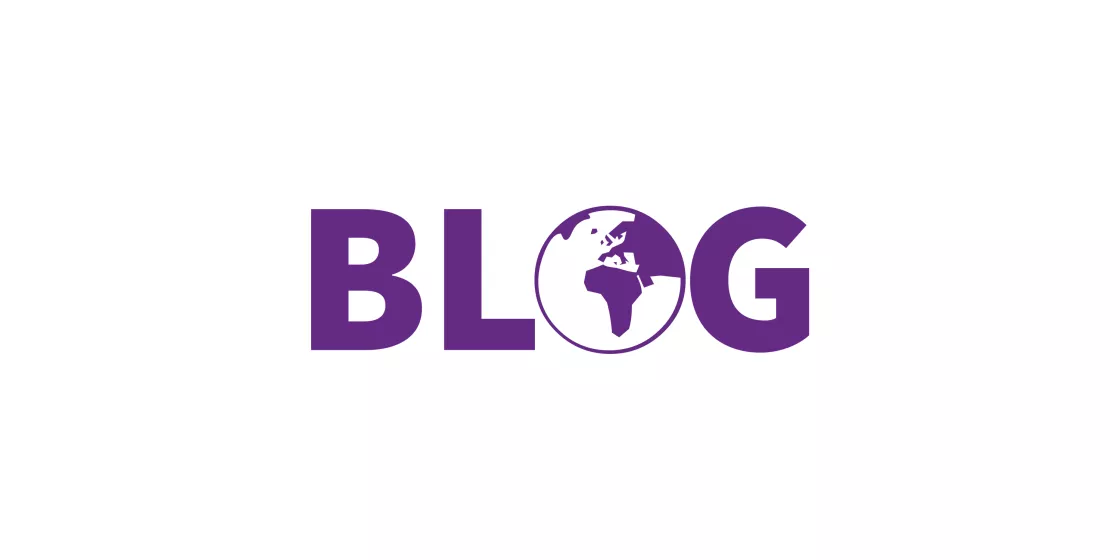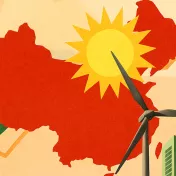While the ongoing Fijian COP23 in Bonn and the coalition negotiations in Berlin capture media and public attention, Germany quietly released a self-review of their own fossil fuel subsidies as part of the G20 peer review process. The G20 fossil fuel subsidy review, pioneered in 2016 by US and China, is currently the only concrete step to make progress on the group's pledge from the 2009 summit in Pittsburgh to phase-out “inefficient fossil fuel subsidies that increase wasteful consumption”. Fossil fuel subsidies are currently estimated at several hundred billion dollars per year, and counteract attempts to decarbonize the energy and transport system and the economy.
Phasing out fossil fuel subsidies is crucial for reaching Paris goals
Following the 2016 G7 announcement to phase out fossil subsidies by 2025, hopes had been high the G20 would follow suit and finally put an end-date to their phase-out pledge at the Hamburg summit this year. Despite reportedly strong diplomatic efforts by the German presidency, and support from across Engagement Groups, no consensus could be reached on the matter. Still at official side-events at COP23 in Bonn, both the German G20 Sherpa Roeller and Environment Minister Hendricks stressed the importance of ending the perverse incentives through subsidizing fossil fuels, and introducing carbon pricing signals to foster the transformative change needed for reaching the Paris goals.
However, once more Germany is far from walking the talk. The G20 review was created as a means to improve transparency and accountability and increase ambition. But the German self-review published on Tuesday on the OECD website was met with unanimous criticism by think-tanks and expert NGOs working on the issue: “Terrible”, “disastrous” and “seriously damaging to the G20 review process” were the first responses by Oil Change International and ODI.
Weak result of German self-review might seriously damage the integrity of the G20 review process
Germany’s peer review identified twenty-two measures that favour fossil fuels in the form of tax breaks and direct budgetary transfers, totalling EUR 14.9 billion in 2016. Only two of these twenty-two measures, with a value of EUR 1.4 billion in 2016, will be phased out in 2018 as part of the existing EU-wide commitment to end subsidies to hard coal – the rest will remain in place. A report published in September by Climate Action Network Europe and ODI identified 87 subsidies and support measures and estimated the total support to fossil fuel production, including through fiscal support and public finance, was nearly EUR 36 billion a year between 2014 and 2016. Green Budget Germany, who recently released a report estimating the German energy-related subsidies to fossil fuel production and consumption at EUR 46 billion, expressed disappointment at the government yet another time failing to disclose energy subsidies that are harmful to the climate.
And civil society is not alone with this assessment. According to OECD data, Germany’s subsidies have even risen over the last years. In their official review of Germany’s report, the governments of China, Indonesia, Italy, Mexico, New Zealand and the United States as well as the OECD concluded unequivocally that “there are additional subsidies that benefit the production of hard coal and lignite, yet have not been included.”
The level of denial exhibited in this report is extremely damaging to the efforts of fossil fuel subsidy reform, especially since the German government had been so vocal in advocating for effective carbon pricing and ending subsidies. It threatens to undermine the integrity of the G20 process to identify and remove fossil fuel subsidies, and once more exposes the tragedy of German climate policy: An outspoken leader in international climate diplomacy - yet utterly failing implementation on the domestic level.




